COMPUTER SOCIETY OF SRI LANKA[email protected]COMPUTER SOCIETY OF SRI LANKA[email protected]COMPUTER SOCIETY OF SRI LANKA[email protected]
Accreditation
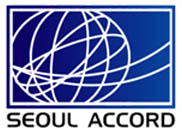
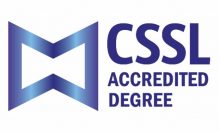
Computer Society of Sri Lanka Accreditation Board (CSSLAB) was formed by the Computer Society of Sri Lanka (CSSL) in 2018, the country’s oldest Computing professional organization. The Seoul Accord is an international accreditation agreement for professional computing academic degrees between the bodies responsible for accreditation in its signatory countries. Established in 2008, the signatories are Australia, Canada, Chinese Taipei, Hong Kong, China, Japan, Korea, the United Kingdom, and the United States. CSSL is the sole qualified entity to represent Sri Lanka for membership in the Seoul Accord. CSSLAB is a provisional member of the Seoul Accord since 2018. There are six countries globally as provisional members of the Seoul accord as of 2021.
CSSLAB manages the independent computing degree accreditation body for the Sri Lankan IT industry, accepting and endorsing computing degree programs that provide professional pathways in computing and endorse international certification portability. Accredited degree programs provide students with the assurance that their degree is market-relevant and valuable to the global IT industry.
Accreditation is a method of evaluating educational programs to see whether they meet the quality requirements. Accreditation is not permanent once obtained. It is reviewed every five years to ensure that the educational program maintains its high quality. The graduate attributes of the Seoul Accord define the characteristics of graduates of all computing programs that are covered by the agreement. A signatory can identify additional characteristics that distinguish programs accredited by the signatory to the Seoul Accord.
At the invitation of a tertiary institution, the accreditation process involves a comprehensive review of a computing degree program, including a site visit by a panel of academic and industry experts. Before endorsing a program, the review panel and accreditations board follow an in-depth process to consider whether the institution meets the Seoul Accord Graduate Attributes (SAGA), an outcome-based accreditation system for international recognition. There are ten graduate-generic attributes of a computer professional. They are academic educations, knowledge for solving computer problems, problem analysis, design and development, modern tool usage, individual and teamwork, communication, computer professionalism and society, ethics, and life-long learning. The CSSL accreditation is a rigorous process.
Students of accredited programs can be assured their degrees are recognized locally and internationally, as high-quality programs align with industry needs. Accredited program graduates should be confident that their degrees are strong and well-known, both locally and globally, as high-quality programs that respond to industry needs.
Annual Partners
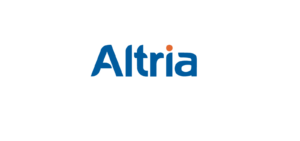


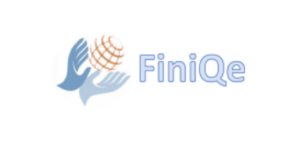

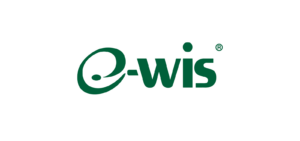
Training Partners
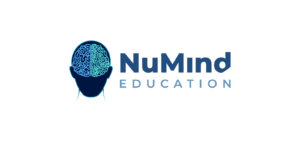
Annual Partners
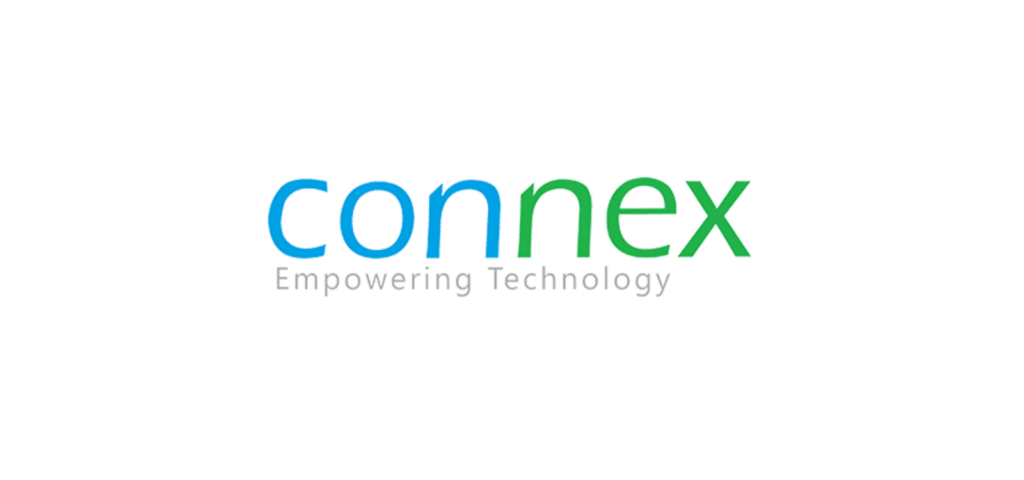


Training Partners


